
The Devonomics initiative from the Starknet Foundation aims to return a portion of network fees to incentivize developers.

The Devonomics initiative from the Starknet Foundation aims to return a portion of network fees to incentivize developers.
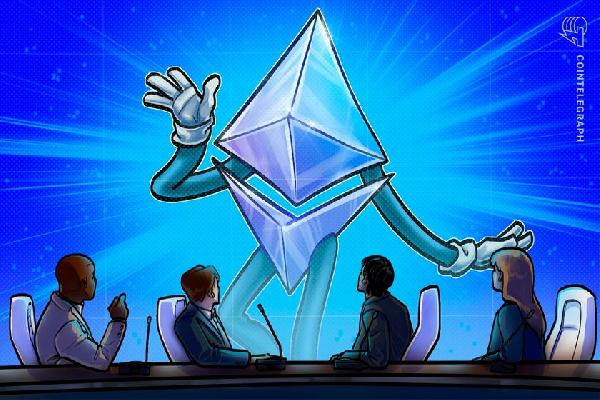
A new Ethereum zero-knowledge proof compiler could address security concerns identified in different zkEVM solutions.
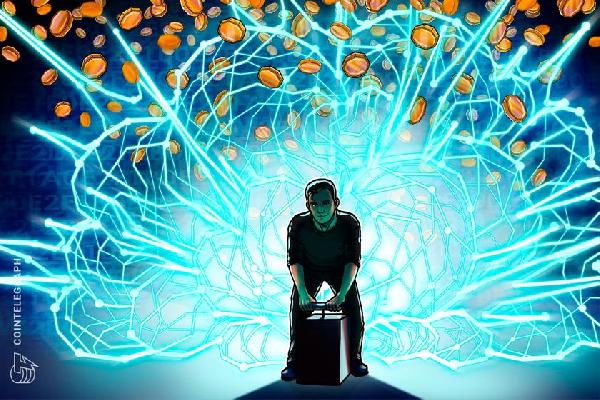
The Starknet Foundation is warning community members to be on the lookout for scams relating to circulating screenshots of early iterations of a token distribution portal.
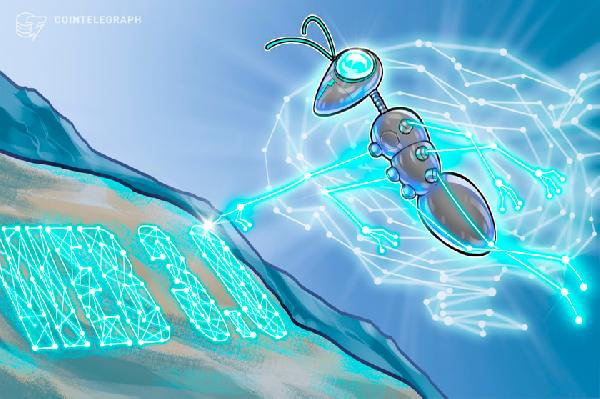
The ZkDay Istanbul event offered exposure and networking opportunities to new and upcoming ZK-based projects and entrepreneurs.

Starknet has laid out its roadmap to begin decentralizing core components of its Ethereum L2 scaling network to defend against censorship and improve robustness.

When it comes to privacy and regulation, could Vitalik Buterin’s Privacy Pools be the answer?

Monthly active developers across the crypto ecosystem fell 28 year-on-year in October, though some have managed to buck the trend.

Polygon has allocated an estimated $1 billion on zero-knowledge technology underpinning its Ethereum scaling layer 2 solutions.
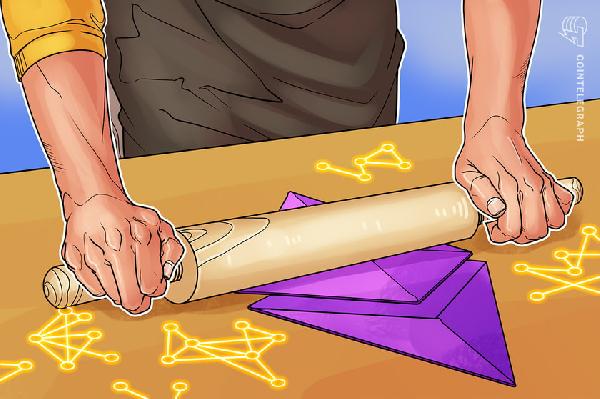
Consensys zkEVM Linea head Nicolas Liochon says speed and execution will continue to increase as it tweaks its Ethereum layer-2 scaling solution.
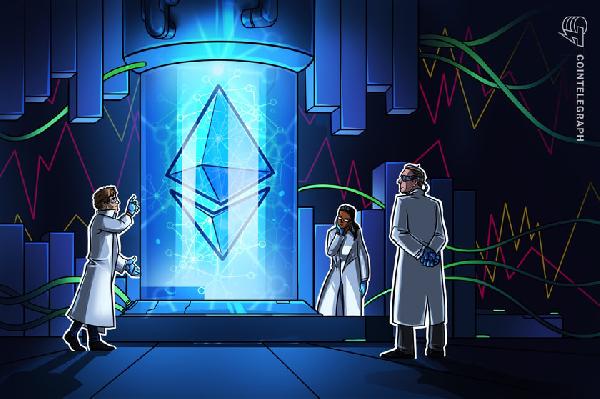
Storage Proofs could prove useful for services like account recovery tapping into the ability to access and verify historical Ethereum data.

Delphinus Lab is building a zero-knowledge proof rollup service aimed at powering Web3 application development.
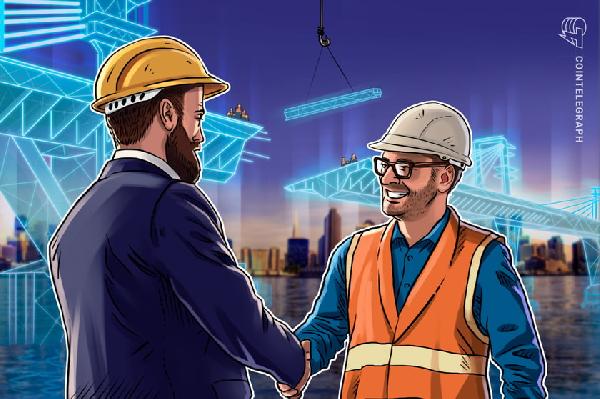
ConsenSys’ Ethereum scaling network Linea is now fully public, having processed over three million transactions and bridging $26 million in Ether.

Space and Time launches zero-knowledge proof tool for its decentralized database platform.
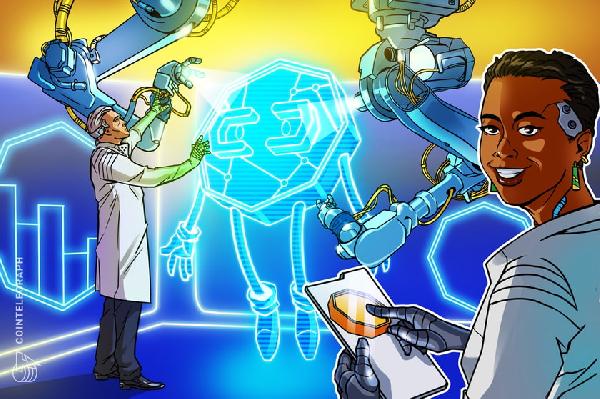
The intersection of ZK proofs and multichain bridges has become one of the industry‘s more intriguing development.

“What could go wrong?” Decentralized ID protocol Worldcoin has launched, receiving mixed reactions from the cryptocurrency community.

The co-founder of the liquidity protocol said the zk roll-up-based scalable solution has the potential to solve the scalability dilemma put forward by Ethereum co-founder Vitalik Buterin.
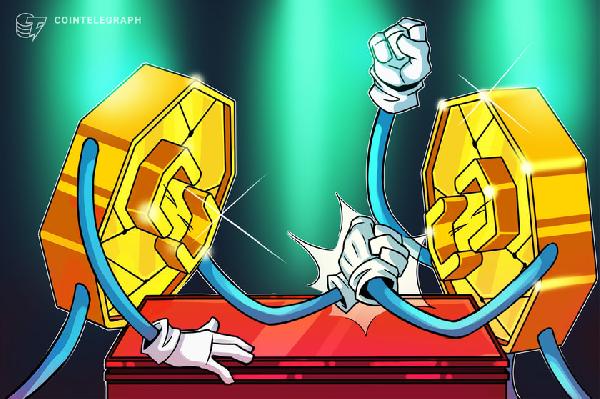
Prominent Ethereum development firms have rolled out varying zero-knowledge scaling solutions that are driving healthy competition in the ecosystem.
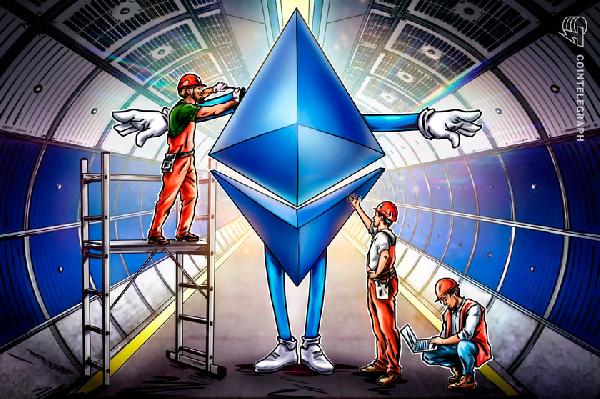
The latest proof system promises better throughput than the current 100 TPS rate and reduces costs in the long term.

Ethereum scaling remains the primary use case behind zero-knowledge proofs, according to a report from ZKValidator.
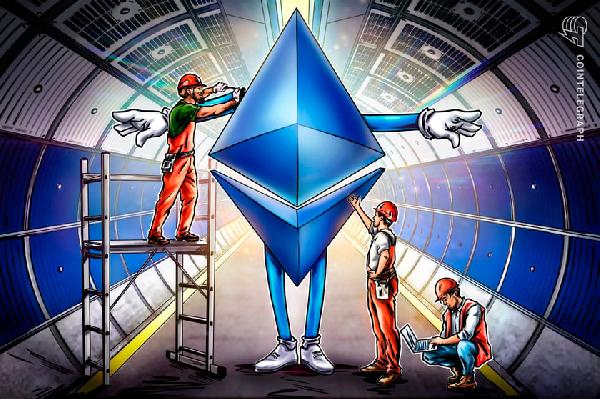
ConsenSys rolls scaling network Linea, which delivered faster throughput and 15 times lower transaction costs than Ethereum’s layer 1.
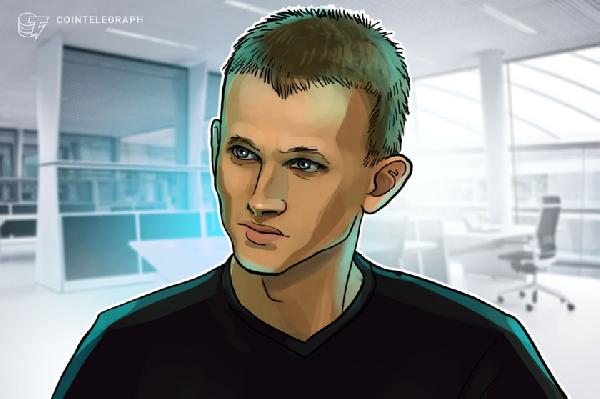
Buterin also lauded the recent rise of Ordinals and believes it has brought the builder culture back to the Bitcoin ecosystem.

Starknet‘s latest upgrade will scale the ZK rollup‘s throughput by 50X or more. But capacity is very different to real world usage.
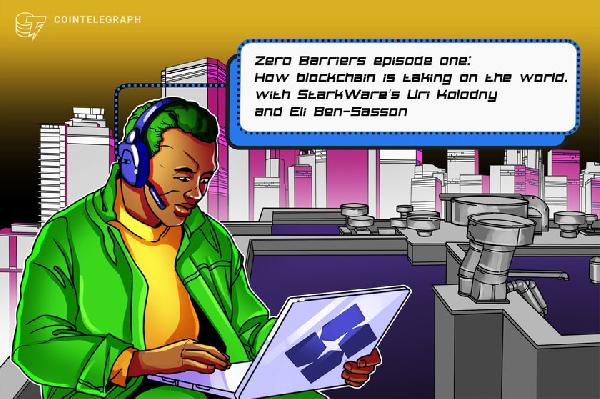
The podcast series is produced in collaboration with Starkware and explores the future of ZK-rollups as an Ethereum layer-2 solution.
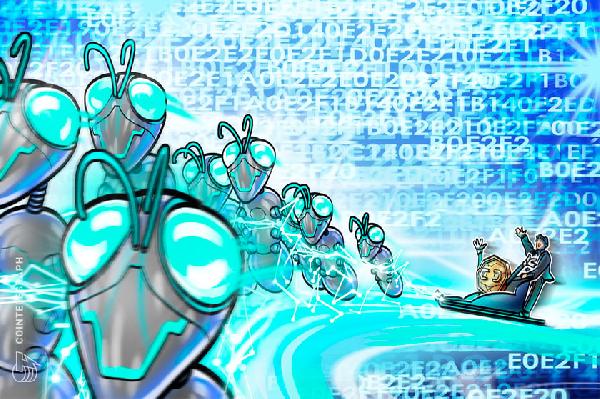
With fresh funding under its belt, a new zkEVM is set to go to testnet in August, allowing developers to write in any EVM-compatible language on Starknet.